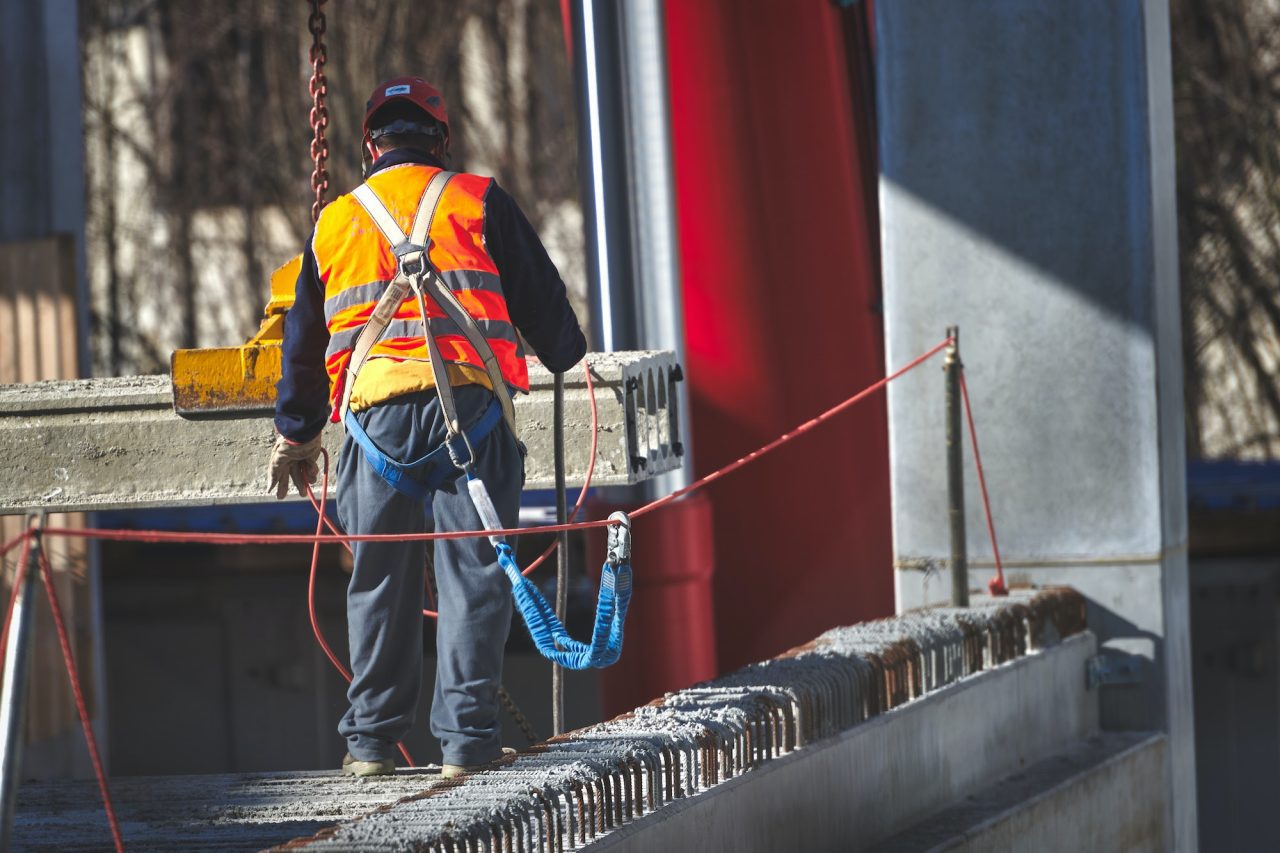When it comes to construction projects, the role of a commercial general contractor is crucial. They are responsible for overseeing the entire project from start to finish, ensuring that everything runs smoothly and is completed on time and within budget. In this comprehensive guide, we will explore the various responsibilities and tasks of a commercial general contractor, as well as their importance in the construction industry.
What is a Commercial General Contractor?
A professional general contractor, also known as a commercial construction manager, is a professional who is hired to manage and coordinate all aspects of a construction project. They are typically responsible for hiring subcontractors, obtaining permits, and ensuring that the project is completed according to the client's specifications and requirements.

The Importance of a Commercial General Contractor
1. Project Management: A commercial general contractor is responsible for overseeing and managing all aspects of a construction project. This includes coordinating with architects, engineers, subcontractors, and suppliers to ensure that the project is completed on time and within budget.
2. Expertise: A commercial general contractor has the knowledge and expertise to handle complex construction projects. They understand the various building codes, regulations, and industry standards, ensuring that the project is compliant and meets all necessary requirements.
3. Subcontractor Management: A commercial general contractor is responsible for hiring and managing subcontractors for different aspects of the project, such as plumbing, electrical work, and carpentry. They ensure that these subcontractors are qualified, reliable, and deliver quality work.
4. Cost Control: A commercial general contractor plays a crucial role in controlling the costs of a construction project. They carefully review the project plans and specifications, identify potential cost-saving opportunities, and negotiate with suppliers and subcontractors to get the best prices for materials and services.
5. Risk Management: Construction projects are inherently risky, with potential issues such as delays, budget overruns, and safety hazards. A commercial general contractor helps mitigate these risks by implementing proper safety protocols, managing schedules, and addressing any unforeseen challenges that arise during the construction process.

